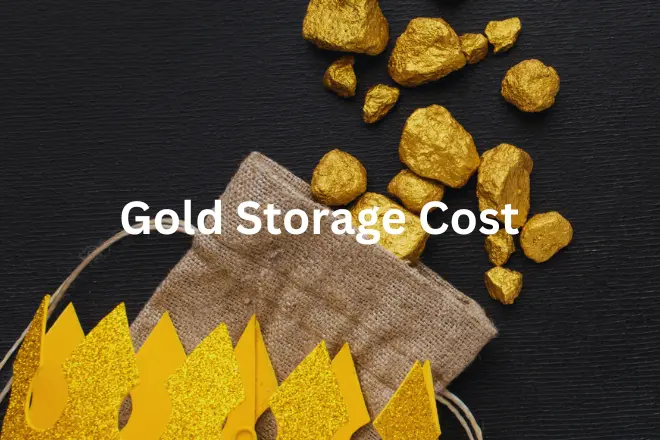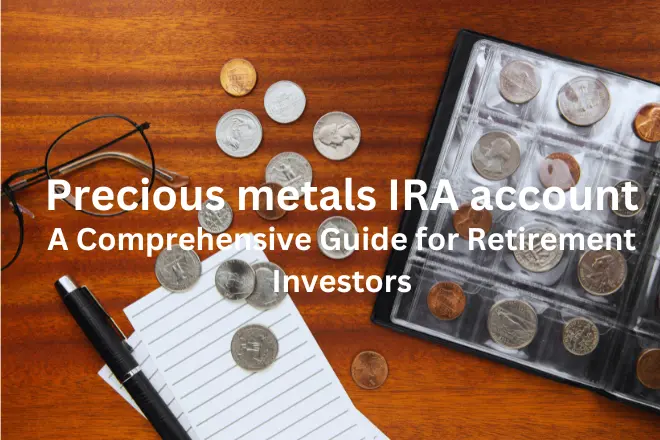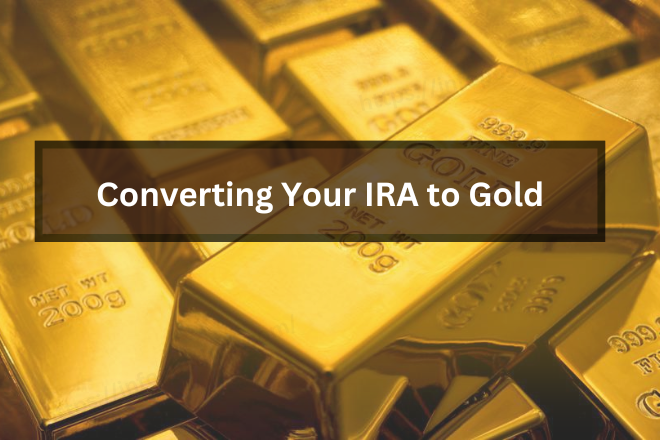Choosing a Gold Storage

Choosing a Gold Storage option is a critical decision for any investor looking to protect their valuable assets. With various storage solutions available, from home safes to bank safety deposit boxes and professional vaults, it’s essential to weigh the pros and cons of each. The right choice will depend on factors such as security, accessibility, cost, and your specific investment goals. This article will guide you through the key considerations to help you make an informed decision about how to best safeguard your gold.
Why Gold Storage is Important
Gold has always been viewed as a hedge against inflation and a safe haven during times of economic uncertainty. Because it is a physical asset, gold requires secure storage to maintain its value over time. If your gold is not stored properly, it can be at risk of theft, environmental damage, or even loss. For investors who want to protect their wealth, finding the right storage solution is essential.
Proper storage also preserves the physical condition of your gold. Gold coins and bars can lose value if they become damaged, scratched, or tarnished. Ensuring your gold remains in its original, pristine condition can help you get the best resale value if you decide to sell your holdings in the future.
Factors to Consider When Choosing A Gold Storage
There are several factors you need to consider before deciding where to store your gold. These include security, accessibility, insurance, cost, and the type of gold you are storing. Below, we will break down each factor to help guide your decision.
Security
The primary concern for any gold investor is security. Gold is a high-value asset, making it a target for theft. Ensuring that your storage option offers a high level of security is essential. Professional storage facilities, such as vaults, are designed to protect valuable assets with advanced security measures like 24/7 surveillance, armed guards, and secure access controls.
If you are considering storing gold at home, you will need a strong, tamper-proof safe and additional security measures like alarms and surveillance cameras. However, even the most secure home storage is not immune to risks, so it is important to weigh the pros and cons carefully.
Accessibility
Another important consideration is how easily you can access your gold. Depending on your needs, you may want quick access to your gold in case of an emergency or investment opportunity. Some storage options, like home storage, allow you to access your gold immediately. However, professional vault storage might limit access to business hours or require advanced notice for withdrawals.
If you need frequent access to your gold, you will want to choose a storage solution that allows for easy retrieval. On the other hand, if you are holding gold for long-term investment purposes, limited access may not be a major concern.
Insurance
Not all storage options come with insurance, so it’s important to ensure that your gold is covered in case of theft, damage, or loss. Some professional vaults offer insurance as part of their storage fees, while others may require you to purchase a separate insurance policy.
If you are storing gold at home, you will need to check with your home insurance provider to see if they offer coverage for high-value assets like gold. Many standard homeowners’ policies do not cover valuable items beyond a certain limit, so you may need to purchase additional coverage.
Cost
The cost of storing gold can vary depending on the storage option you choose. Home storage may seem like the cheapest option since you won’t have to pay any storage fees. However, you may still incur costs for security measures, such as buying a high-quality safe or installing an alarm system. You should also factor in the cost of insurance if your home insurance policy does not provide full coverage for your gold.
Professional vault storage typically comes with annual fees, which can range from 0.5% to 1% of the value of your gold. While this may seem like an additional expense, it provides peace of mind knowing that your gold is stored securely and often insured.
Type of Gold
The form in which you hold your gold can also impact your storage decision. Gold bars and larger coins take up more space and may require more specialized storage solutions compared to smaller coins or jewelry. Some professional vaults offer segregated storage, where your gold is stored separately from other clients’ assets. This ensures that the exact items you deposit are the ones you’ll get back. Commingled storage, on the other hand, combines multiple investors’ assets, which may be less expensive but might not suit all investors.
Common Gold Storage Options
There are several storage options available to gold investors, each with its own benefits and drawbacks. Here are the most common gold storage methods:
Home Storage
Pros
- Immediate access to your gold
- No ongoing storage fees
- Full control over your assets
Cons
- Higher risk of theft or loss
- Insurance may be limited or costly
- Vulnerability to natural disasters (fires, floods, etc.)
Storing gold at home can be tempting for those who want full control over their investment. However, home storage comes with significant risks. Even if you invest in a high-quality safe, your gold could still be vulnerable to theft, fire, or other disasters. It’s also important to ensure your home insurance policy provides adequate coverage for high-value items like gold.
Bank Safety Deposit Boxes
Pros
- Higher security than home storage
- Affordable storage fees
- Physical separation from your home
Cons
- No insurance coverage for the contents
- Limited access to your gold (during bank hours)
- Potential restrictions during crises or bank closures
A bank safety deposit box is a common choice for gold storage. Banks provide a secure environment, and safety deposit boxes are relatively affordable. However, banks do not insure the contents of the box, so you will need to purchase separate insurance for your gold. Access to your gold is also restricted to the bank’s operating hours, which may not be convenient if you need to access your gold quickly.
Professional Vault Storage
Pros
- Maximum security with 24/7 monitoring
- Full insurance coverage in many cases
- Professional storage for gold coins, bars, and other assets
Cons
- Storage fees (typically 0.5% to 1% annually)
- May not provide immediate access to your gold
- Requires trust in the storage provider
For investors who prioritize security, professional vault storage is often the best option. These facilities are designed specifically to store valuable assets like gold, with advanced security measures and full insurance coverage. While professional storage comes with fees, it offers peace of mind knowing that your gold is safe and insured.
Gold IRA Storage
Pros
- Secure, insured storage
- Tax benefits of a Gold IRA
- Managed by a professional custodian
Con
- Limited access to your gold
- Custodial fees
- Must follow specific IRS regulations
If you hold gold in a Gold IRA (Individual Retirement Account), it must be stored in an approved depository. These depositories provide secure, insured storage and are managed by a custodian who ensures your gold complies with IRS regulations. This option is ideal for long-term investors who are holding gold as part of their retirement savings.
FAQs
Are bank safety deposit boxes insured?
No, banks do not insure the contents of safety deposit boxes. You will need to purchase separate insurance to cover the value of your gold.
What are the costs associated with professional vault storage?
Professional vault storage fees typically range from 0.5% to 1% of the value of your gold per year. These fees often include security and insurance coverage.
How do I store gold in a Gold IRA?
Gold held in a Gold IRA must be stored in an approved depository under the management of a professional custodian. This ensures that your gold complies with IRS regulations.
Conclusion
Choosing the right gold storage option is crucial for protecting your investment. Whether you opt for home storage, a bank safety deposit box, or professional vault storage, each method comes with its own set of benefits and risks. Consider factors like security, accessibility, insurance, cost, and the type of gold you are storing when making your decision. By choosing the right storage solution, you can ensure that your gold remains safe, secure, and accessible when needed.






